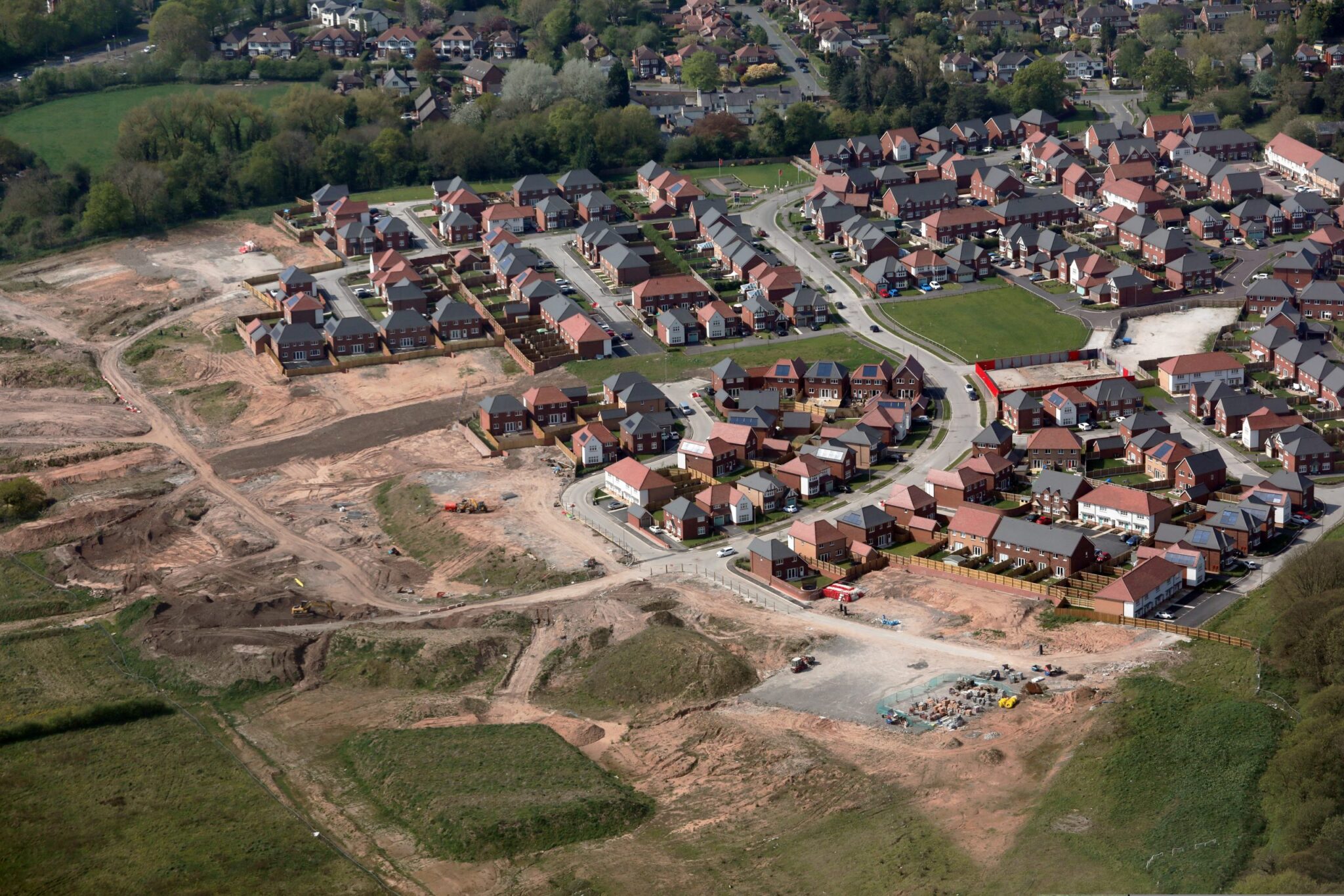When purchasing a new build property, during active site construction, potholes often form due to heavy site traffic, and drains may overflow in heavy downpours. Often, buyers may be unclear about who maintains the roads. Typically, the developer is responsible for the roads and sewers until the construction is complete. However, the developer usually aims to transfer these responsibilities to the local authority for roads and a water authority for sewers through infrastructure agreements.
Two primary agreements facilitate this adoption process.
Section 38 Agreement – Road Adoption
A Section 38 Agreement is a legal arrangement between a landowner, developer (if different to the landowner) and the local council for the adoption of roads within a new estate. If the land is owned by multiple parties, all landowners must be included in the agreement.
Under Section 38 of the Highways Act 1980, the highways authority can adopt the roads within an estate, provided that specific conditions are met. These conditions, which vary by local authority, usually require the roads to be constructed to a certain standard. The council will inspect the roads to ensure compliance, and often, there is an initial maintenance period after the works are completed before the roads can be officially adopted.
In cases where the road construction involves permanent changes or improvements to an existing local highway, the developer must also enter into a Section 278 Agreement under the Highways Act 1980. For convenience, a combined Section 38/278 Agreement is often used.
The Section 38 Agreement typically includes a cash bond or a surety, providing the local authority with funds to bring the roads up to standard if the developer fails to complete the works as agreed. Once the highways department is satisfied that all criteria are met, the roads are adopted, transferring future maintenance responsibility to the council.
Section 104 Agreement – Sewerage adoption
Under Section 104 of the Water Industry Act 1991, a developer can enter into an agreement with a water authority to construct sewers within a development to specific standards. Once these standards are met, the water authority will adopt the sewers according to the agreement’s terms.
Similar to a Section 38 Agreement, the Section 104 Agreement is often backed by a cash bond or surety. This ensures the water authority has access to funds in order to complete the work if the developer fails to meet the required standards. After the sewers are constructed, inspected, and a maintenance period has elapsed, the water authority will adopt the sewers, taking on responsibility for all future maintenance and repairs.
The process of finalising these agreements can be lengthy, meaning they may not be completed when the first plots in a new development are sold. In such cases, legal documentation often requires the developer to maintain the estate roads and sewers until they are officially adopted. It’s common for adoption to be delayed even after homes are sold, due to required maintenance periods or additional work needed to meet the standards for adoption.
If you’re purchasing a new build property and have questions about the information in this article, please contact Vicky Dineen at vjd@swinburnemaddison.co.uk.


